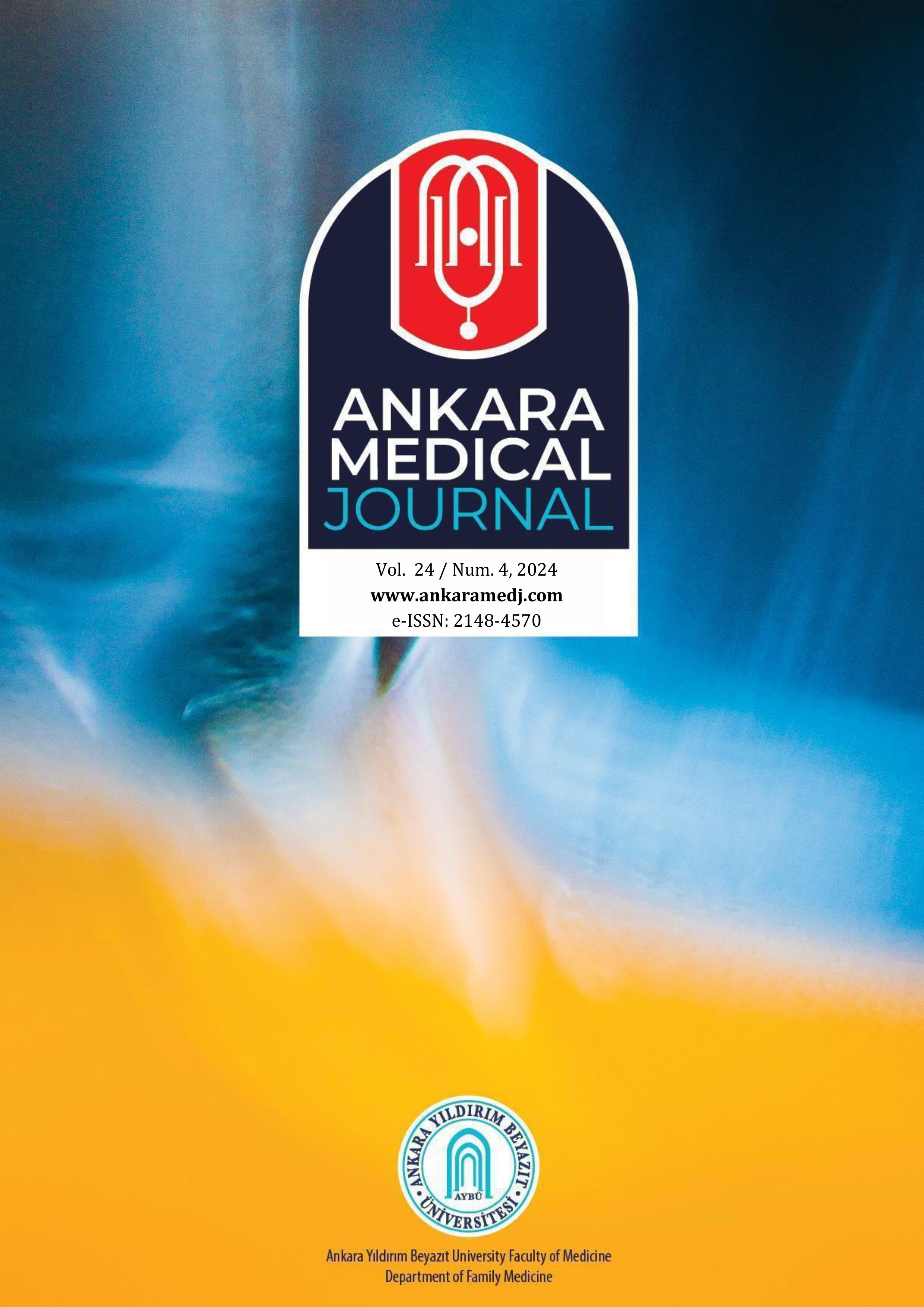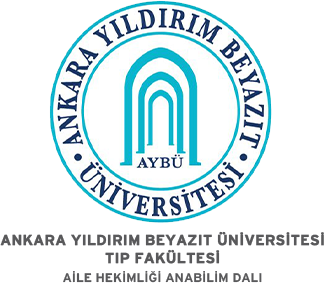The Effect of Supportive Education Nursing Intervention On Self-Efficacy of Family Caregivers Caring For Dependent Elderly: Randomized Controlled Trial
Titin Aprilatutini1, Nova Yustisia2, Bardah Wasalamah3, Mahmasoni Masdar41Department of Pediatric and Community Nursing, Vocational Nursing, Bengkulu University Faculty of Mathematics & Natural Science, Bengkulu, Indonesia2Department of Emergency and Community Nursing, Vocational Nursing, Bengkulu University Faculty of Mathematics & Natural Science, Bengkulu, Indonesia
3Department of Medical Surgical Nursing, Vocational Nursing, Bengkulu University Faculty of Mathematics & Natural Science, Bengkulu, Indonesia
4Department of Public Health and Nursing, Universitas Gadjah Mada Faculty of Medicine, Yogyakarta, Indonesia
INTRODUCTION: This study aimed to examine the effect of supportive education nursing intervention (SENI) on the self-efficacy of family caregivers caring for dependent elderly.
METHODS: This is a parallel and two-armed randomized control trial. The research was conducted in the work area of primary health facilities in Puskesmas Pasar Ikan with 8 sub-districts in Bengkulu. We recruited 52 family caregivers divided into intervention and control. The supportive educational nursing intervention included audio visual, module book, and worksheet that covered relevant parts of dependent elderly and family caregivers’ self-efficacy. The study data were analyzed using chi-square, and independent t-test as well as analysis of variance.
RESULTS: Before the intervention, the total score of family caregivers’ self-efficacy was 90.19 and 94.58 in the intervention and control groups, respectively. After the intervention, it increased to 114.23 and 101.58 in the intervention and control groups, respectively, which was statistically significant in both groups (p<0.001). Moreover, the mean increase of 24.04 in the experimental group and the mean increase of 7.00 in the control group showed a significant difference between the two groups (p<0.001).
DISCUSSION AND CONCLUSION: The SENI model is an effective way to increase the self-efficacy of family caregivers with dependent elderly. The SENI program can be effectively integrated into primary health services through tailored modifications that account for local contexts and specific healthcare needs.
Keywords: Caregivers, frail elderly, self-efficacy, education, home health nursing, randomized controlled trial.
Makale Dili: İngilizce
(6 kere indirildi)





